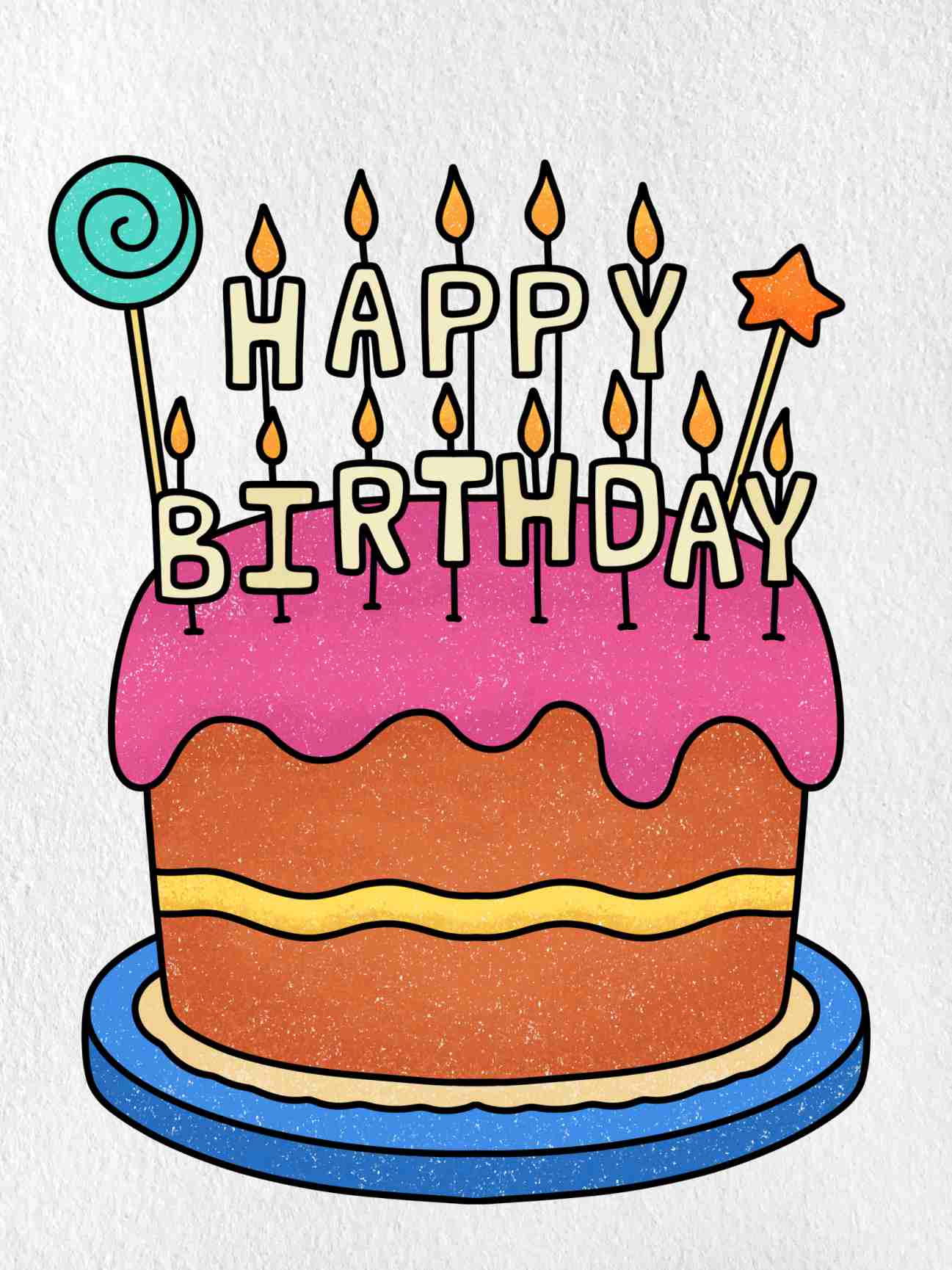Happy Birthday GRIPP…kind of!
Some of GRIPP’s founding members, Amanda, Koldo and Patricia, reflect on the journey to reaching 5 years!

The seeds of GRIPP were planted five years ago, in 2019. The UN Rapporteur on Poverty and Human Rights, Philip Alston, had organised town hall meetings across the UK. Koldo Casla chaired the Newham meeting, where one activist said:
‘I feel trapped in a parallel universe. Every word out of our mouths is ignored or twisted.’
Alston’s findings—soon to be trumpeted in banner headlines—lamented the UK’s ‘doubling down on failed anti-poor policies’. This greatly interested Amnesty International UK. So they invited organisations that met with Alston to speak to their staff in February 2019. Just Fair and ATD Fourth World were among the speakers that day, explaining why poverty is a human rights issue:
‘It’s like a Kafka novel. The impact is agonisingly painful. The mother who spoke to Alston has literally felt like screaming.’
It was urgent to act! This led to the Poverty and Human Rights Project: Amnesty invited lived experience activists Pat Bailey and Amanda Button from ATD Fourth World to join a steering group. RAPAR and Thrive Teesside joined the reference group. One of the steering group’s first responsibilities was to hire a professional facilitator. Pat said,
‘I’ve never hired anyone before but I think we made a good choice.’
Amnesty offered the facilitator’s salary and a venue to launch ATD’s findings on Understanding Poverty in October 2019. But it was clear from the beginning that lived-experience activists were in the driver’s seat.
In those pre-Covid days, the Poverty and Human Rights Project dreamt of prioritising work in person. But the pandemic dashed these hopes. Pat was so frustrated Zooming from her mobile at home that she said,
‘I wanted to throw my phone out the window!’
With great efforts, however, the project shifted gears creating “Building a Human Rights Bridge out of Poverty” in December 2020 to deliver four webinars, making them as accessible as possible to people experiencing poverty.
The webinars sparked dialogues about what it’s like for people with lived experience to engage with human rights policy issues. For example, Nikki Hewson spoke about being a parent advocate, supporting those who are coping with hostile child protection interventions by drawing on her own lived experience. Pat spoke about the rights of essential workers during the pandemic who received no PPE from their employers. Vitalis, a RAPAR activist spoke about the challenges of life while seeking asylum. And Amanda spoke about conditions for people with lived-experience to give voice to other people’s struggles. One activist who joined every one of the webinars was Brian Scott from Glasgow’s Poverty Truth Community — which recently joined GRIPP.
After the webinars, in 2021, Rights Bridge members finally met in person to look back on our journey and plan the future. The rushed and virtual nature of the beginning meant that changes were in order. The group’s name and our way of working had been not been thought through together. It was time to be less top-down and design our own inclusive governance.
Members collaborated to agree on the new name. Amnesty staff offered their services to create a logo and website—but again, lived-experience activists led the co-design process. And finally GRIPP was born.
Looking back today:
Koldo says,
‘Those 2019 conversations were the beginning of many partnerships and friendships, which little by little resulted in what is now GRIPP. Very glad to see it grow and claim its own space and voice.’
Pat says,
‘It was hard but I feel very proud of the work we have done so far. Onwards and upwards!’
Amanda says,
‘I’m so glad to be still part of GRIPP and I look forward to seeing us go from strength to strength. We’re going to give an earful to people violating our rights!’
